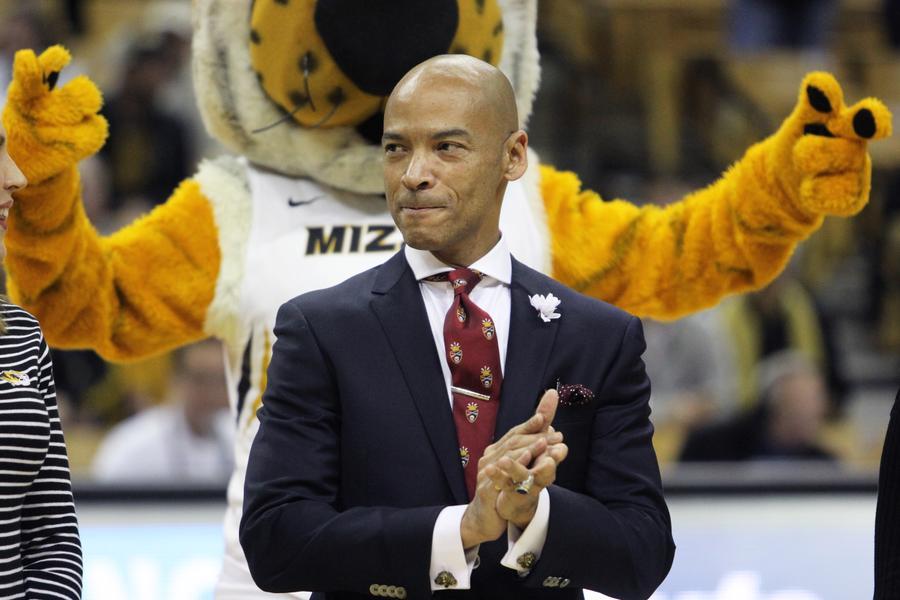
Founding member of Concerned Student 1950 Maxwell Little said Chuck Henson’s letter to the student activist group last Thursday was misinterpreted by the [Columbia Missourian](http://www.columbiamissourian.com/news/higher_education/chuck-henson-mike-middleton-suggest-concerned-student-end-demands/article_86bcba62-dc18-11e5-ac6b-8fecdf9531f5.html).
Henson, the interim vice chancellor for inclusion, diversity and equity, wrote in the letter that “the time for demands, threats and arbitrary deadlines is over.” The day before, Concerned Student 1950 [released a presentation](https://www.themaneater.com/stories/2016/2/24/concerned-student-1950-reissues-list-six-remaining/) clarifying their demands the university had not yet met and giving administrators specific deadlines to meet them.
In the letter, Henson also wrote that he had not met with Concerned Student 1950 but encouraged members of Concerned Student 1950 to attend the Working Group, a new program for student leaders to meet weekly with administrators and give input.
His comments sparked some confusion. Little saw it as Henson saying he had not met with Concerned Student 1950 as a collective group. Little and another representative have attended Working Group meetings, which started Feb. 17.
Little talked with Henson on Saturday morning to clarify.
“He really didn’t say that,” Little said. “I talked to Henson about it and he told me that he wasn’t saying ‘stop making demands,’ he said there just wasn’t a reason anymore to continue putting out demands via media. I think that was misinterpretation on the Missourian’s part.”
Interim UM System President Mike Middleton also released a statement about the demands via email.
“The time for demands has passed,” Middleton said in the statement. “We have already begun the very important work of making our campuses more diverse, equitable and inclusive, and encourage MU students to be part of the solution by engaging with the Working Group established by MU’s Vice Chancellor of Diversity and with our system Diversity, Equity and Inclusion Task Force.”
Little also addressed the demands listed in the presentation. In the updated list of demands, many of them had deadlines for the demands to be met. Little said Concerned Student 1950 reissued the demands with deadlines, not necessarily expecting that they will be met by that time. They created deadlines for the demands to generate a sense of urgency.
“We know it takes time,” Little said. “(We made the deadlines) to get them going on it and also to get them committed to it. For the Faculty Council, these talks about a mandatory diversity requirement have been in place for years. It’s just a matter of voting on it.”
Little said Working Group meetings have mostly been informational thus far. During the first meeting, the group introduced themselves to each other, and in the second meeting, David Mitchell, the head of the diversity, equity and inclusion task force for the UM System, talked to the group about how to get involved.
“We learned about what the Working Group consists of and building this relationship with not only MU, but with the community too,” Little said. “So when we’re talking about hiring faculty of color, you know, those people have to live here too. What type of environment does Columbia offer so we don’t turn them away?”
Even though Little thought the first two meetings went well, he said he hopes that future meetings can be more discussion-based. He said that the student leaders have not had the opportunity to share their ideas to make the university better, which is what he hopes the Working Group accomplishes.
“I hope that some of the ideas that are going to be generated in the Working Group will be put in place,” Little said. “How are we getting out to the community? What is that outreach looking like? Basically, I’d like to see some concrete ideas and policies put into place because of the Working Group.”
_Edited by Taylor Blatchford | [email protected]_